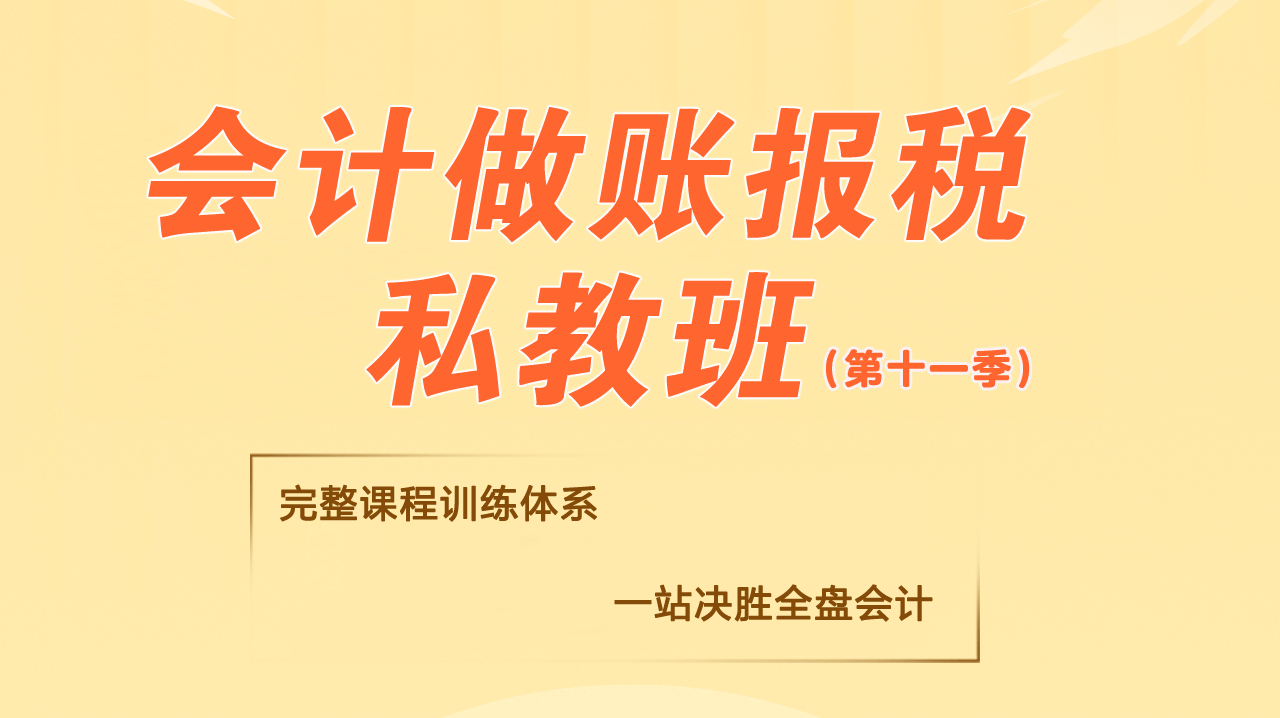北京是谁的最宜居城市(双语)
It would be funny if it wasn’t so sad. The Economist Intelligence Unit’s latest ranking has named Beijing the most liveable city in China.
这本来会是一件很可笑的事情,要不是因为它这么可悲的话。《经济学人智库》(EIU)在其发布的最新排名中,将北京评为中国内地最宜居城市。
Yes, that’s right – the Chinese capital which, when the news came out on Wednesday, was suffocating under a dark grey blanket of smog that hadn’t lifted for days and which has been covering it most of this summer.
没错,这是真的,就是中国首都北京——当周三消息传出时,北京正笼罩在令人窒息的灰蒙蒙的雾霭当中,已多日未曾消散。在今年夏季的大部分时间里,北京一直笼罩在这种雾霭之中。
Of course it always depends on what you measure. Even Beijing’s notorious air quality can be classified as “fine” by the municipal government on a day when the skies are a sickly white and you have difficulty breathing. On such a day, the US Embassy often has much higher readings (including the notorious ‘Crazy Bad’ reading) because its equipment measures much finer particles.
当然,这总是取决于你考量的内容。尽管北京的空气质量臭名远扬,但是哪怕这天天空惨白、人们呼吸困难,北京市政府也可能将空气质量归类为“良好”。在这样的天气,美国大使馆通常给出的空气质量指标要糟糕得多(包括著名的“疯狂的糟”(Crazy Bad)),因为其设备测量的颗粒更加精细。
According to the EIU, the cities are ranked by factors including stability, the environment, healthcare, culture, infrastructure and education. It is certainly true that Beijing has better healthcare and education than most other Chinese cities, and a richer cultural offering.
《经济学人智库》的资料显示,在对城市排名时考虑的因素包括稳定、环境、医疗保健、文化、基础设施和教育。与其它大多数中国内地城市相比,北京无疑拥有更好的医疗保健和教育,并且提供了更丰富的文化活动。
But this is the city where millions of drivers suffer in perennial traffic jams everyday. Where the cost of housing has soared to levels that the millions of workers that keep Beijing running can only afford a bed in a basement or a room in a village two hours from their workplace.
但是,在这个城市里,有数百万驾车者每天深受持续交通拥堵之苦。其居住成本大幅飙升,以致于维持这座城市运转的数百万工人只能住得起地下室或距离工作地点两小时路程的郊区房子。
Perhaps more than any other city in China, the capital is also a place where only a minority of residents enjoy full economic and social rights. To prevent the traffic from breaking down completely, the government heavily restricted the right to buy cars last year. To rein in galloping property prices, authorities also heavily restricted the right to buy houses earlier this year. To limit migration, the government is forcing thousands of children into separation from their parents – during the summer holidays, it razed 30 schools for migrant worker children, who had no option but to return to their native villages.
北京还是一座只有少数居民能够充分享受到应有的经济和社会权利的城市,或许在这方面更甚于中国其它城市。为了防止交通完全瘫痪,北京市政府去年出台了严格限制购车的政策。为了遏制房价急剧上涨,有关部门还在今年早些时候出台了限购政策。为了限制移民,北京市政府迫使数千名孩子与其父母分离——在今年暑假期间,北京关停了30所农民工子弟学校,而那些农民工子弟除了返回农村老家以外别无选择。
The compilers of the index must have noticed the description by Ai Weiwei, China’s most prominent artist, of Beijing as a “constant nightmare” just days ago. In a piece for Newsweek, Mr Ai, an outspoken critic of the government who disappeared into months of detention earlier this year, described the capital as a violent city without any trust, a place run by armies of migrant workers, whom he calls Beijing’s slaves, for a class of newly-rich.
排名编撰者们必定注意到,就在几天前,中国最知名的艺术家艾未未将北京描述为一个“经常性的梦魇”。艾未未在为《新闻周刊》(Newsweek)撰写的一篇文章中称,北京是一座没有任何信任的暴力之城,维持这座城市运转的数百万农民工被他称为北京的奴隶,为新富阶层服务。由于公开批评中国政府,今年早些时候艾未未曾被拘禁,从公众视线中消失了数月。
When that critique appeared, the ranking was probably long finished. Native Beijingers, however, are making the best of the situation. Most of them have a healthy dose of national and local pride.
艾未未的这篇文章发表之际,《经济学人智库》可能早就完成了排名。然而,北京本地人仍然能苦中作乐。他们中的大部分人对国家和北京有一定程度的自豪感。
But as the news of the EIU ranking makes the rounds, their equally healthy dose of raw humour is gaining the upper hand. The capital’s new title is met with sarcasm in the blogosphere and in the streets. “Most livable city for millionaires,” said Jin Hong, a taxi driver.
但是随着EIU排名的消息广为流传,北京人同样适度的天生幽默感开始占据上风。北京这个“内地最宜居城市”的新头衔在博客世界和街头巷尾遭遇了冷嘲热讽。一位出租车司机金虹(音译)说道:“(这是一座)最适宜百万富翁居住的城市。”



